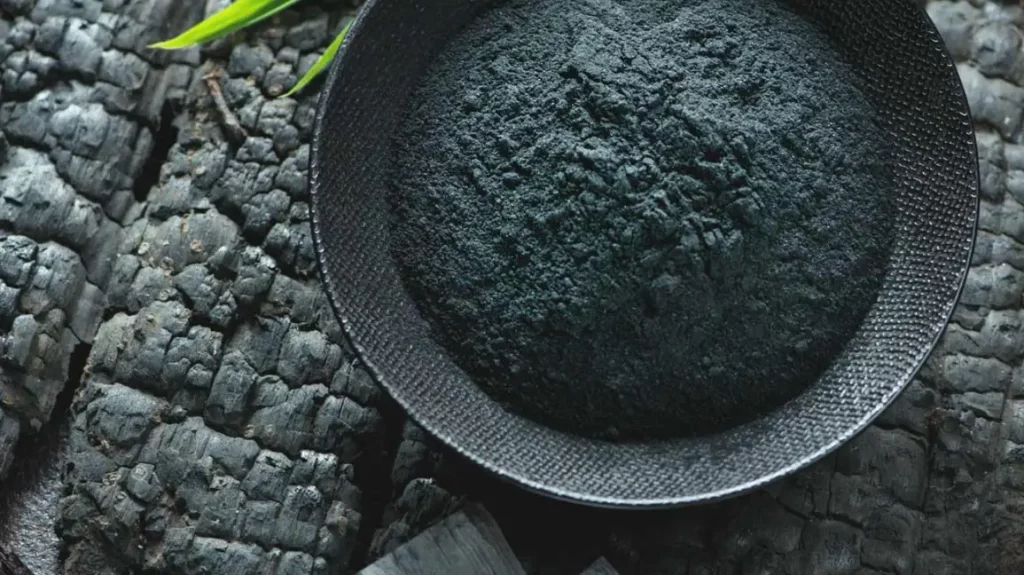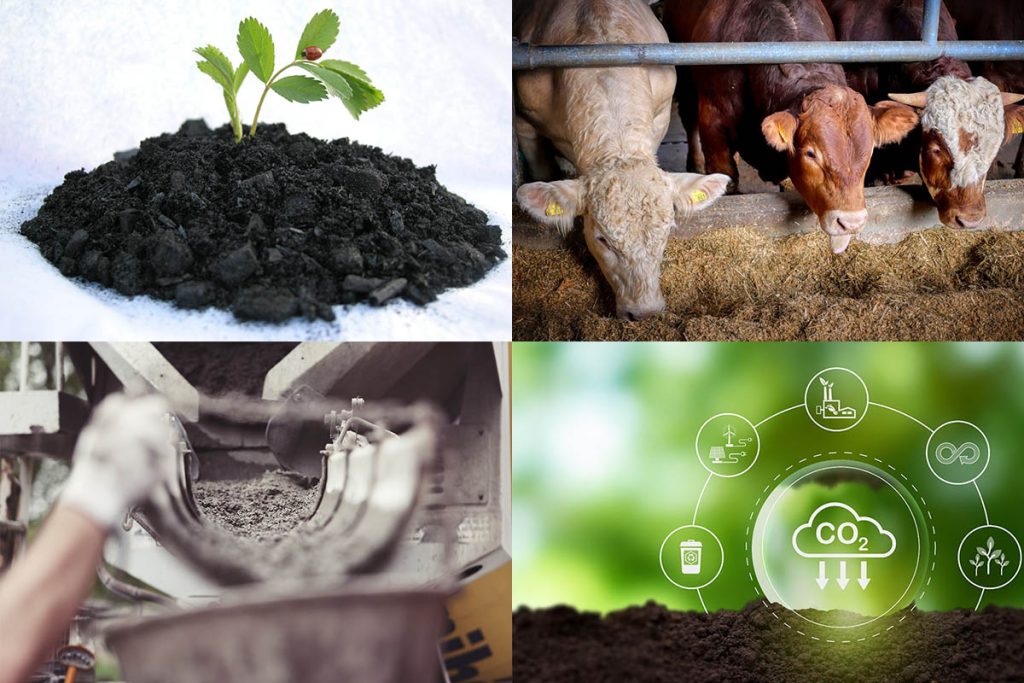Coconut shell charcoal, an intricate product of carbonization, possesses a unique material composition that extends its utility across diverse industries. This article explores the scientific aspects of coconut shell charcoal and unveils its myriad applications.
Introduction
Definition of Coconut Shell Charcoal
Coconut shell charcoal is a carbonaceous substance derived through the pyrolysis process in coconut shell charcoal making machine. The resulting material exhibits distinct characteristics that distinguish it within the realm of charcoal products.
Significance of Material Composition
Understanding the material composition of coconut shell charcoal is crucial due to its profound impact on the broad spectrum of applications it offers. From chemical makeup to physical properties, each element contributes to its versatile nature.
Chemical Composition
Carbon Content
One of the defining features of coconut shell charcoal produced by modern biochar equipment is its high carbon purity. The elevated carbon content not only enhances its combustion efficiency but also positions it as a desirable raw material for various industrial processes.
Volatile Matter
The presence of volatile matter in coconut shell charcoal plays a pivotal role in determining its combustion behavior. This factor influences the release of gases during burning, contributing to its overall efficiency in different applications.
Physical Properties
Porosity
The porous nature of coconut shell charcoal imparts it with exceptional adsorption capabilities. This unique porosity is harnessed in applications such as water purification, where contaminants are effectively trapped within the charcoal structure.
Density
The density of coconut shell charcoal directly affects its burn rate. This property is a critical consideration in industries relying on controlled and sustained combustion, such as foundry operations and metallurgical processes.

Activation Processes
Chemical Activation
Chemical activation involves the use of activating agents to enhance the properties of coconut shell charcoal. This process refines its structure, unlocking new possibilities for applications in diverse fields.
Physical Activation
The high-temperature activation of coconut shell charcoal brings about structural changes that further expand its range of uses. This method is employed to tailor the charcoal’s characteristics to specific industrial requirements.
Environmental Applications
Water Purification
The adsorption capabilities of coconut shell charcoal make it a valuable tool in water purification. By effectively removing contaminants, it contributes to the creation of clean and safe water sources.
Air Filtration
In air filtration systems, coconut shell charcoal proves adept at capturing volatile organic compounds (VOCs), improving air quality in industrial and residential settings. For more information on the environmentally friendly applications of coconut shell charcoal, please visit: https://bestonasia.com/
Agricultural Sector
Soil Amendment
As a soil amendment, coconut shell charcoal impacts soil structure and fertility positively. Its porous nature facilitates water retention and nutrient absorption, benefiting agricultural productivity.
Livestock Feed Additive
Used as a feed additive, coconut shell charcoal provides benefits for animal health. Its inclusion in livestock feed contributes to digestive health and overall well-being.

Industrial Uses
Metallurgical Processes
Coconut shell charcoal finds application in metallurgical processes, where its carbonization properties play a vital role in the production of metals. The controlled release of carbon contributes to the creation of alloys with specific characteristics.
Foundry Operations
In foundry operations, coconut shell charcoal serves as a crucial component in molding and casting. Its properties influence the molding process, contributing to the creation of intricate and precise metal components.
Energy Production
Pyrolysis for Bioenergy
The coconut shell charcoal from biomass pyrolysis machine serves as a sustainable source of bioenergy. Its use in renewable energy production aligns with environmental goals, offering an eco-friendly alternative.
Charcoal Briquettes
Coconut shell charcoal, in the form of briquettes, emerges as a sustainable cooking fuel. The controlled burn rate and minimal environmental impact make it a preferable choice for households seeking eco-conscious solutions.

In summary, the intricate material composition of coconut shell charcoal transcends its role as a simple carbon product, positioning it as a versatile and indispensable resource across various sectors. From environmental remediation to industrial processes, the applications continue to evolve, showcasing the dynamic relationship between material composition and utility.